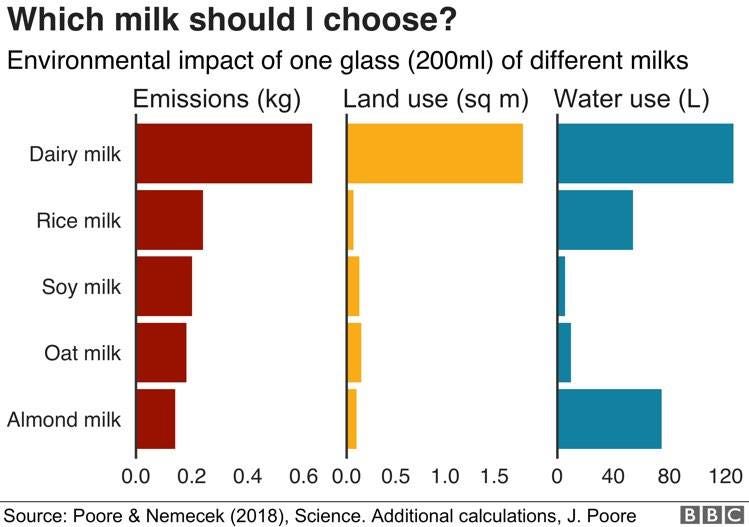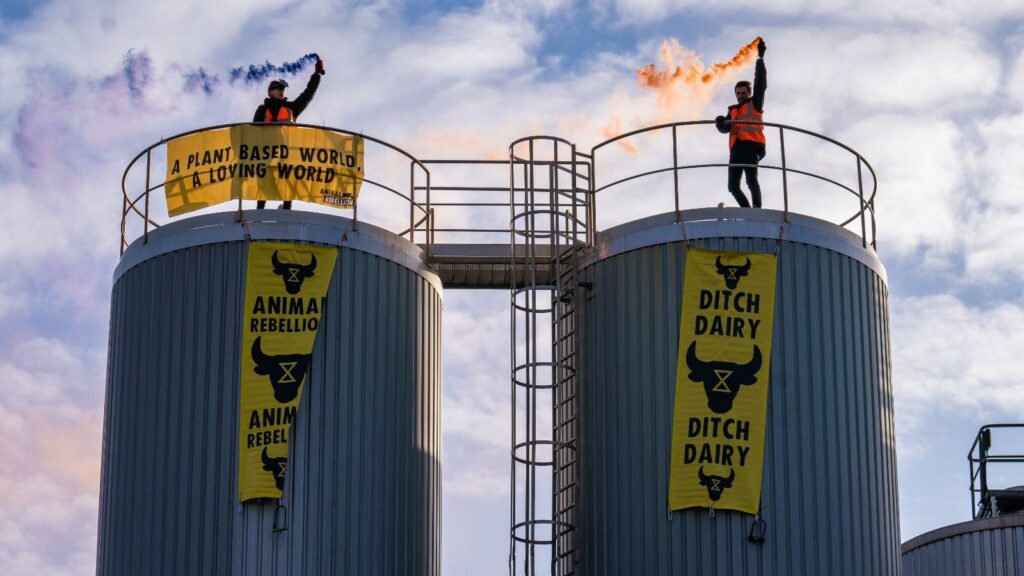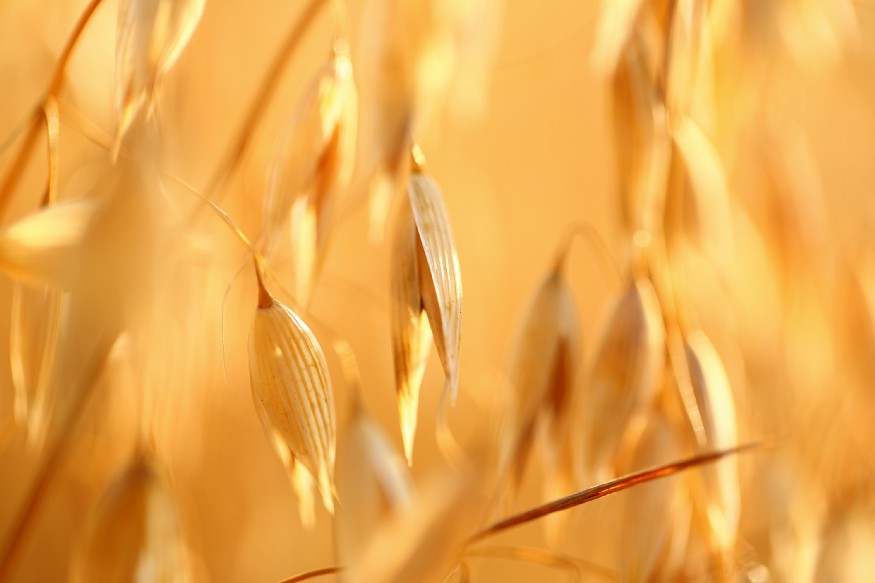Walk through any British supermarket today and you will encounter a vast array of milks. It’s not just green, red, or blue top anymore. Aisles are overflowing with alternatives and people are buying them (a quarter of UK customers). These plant-based options have spilled into cafes and restaurants too. You may find them at your work canteen, at school, at conferences or on trains. Wherever there is tea, there is milk, and wherever there is milk, there is an alternative. With the demand for plant-based milk growing, the UK cannot get left behind. We must choose the right milk to invest in.
Although plant milks have been around for thousands of years (horchata and almond milk), the dairy industry has long enjoyed domination of the global market through mass industrialisation, vast subsidies, and powerful marketing schemes. In Britain, dairy has been part of our lives for generations: it is in our recipes, our traditions, and our stories. Milk flows through so many of our memories. And no wonder; we have been lapping it up since childhood.
It can be difficult to challenge an industry when it dominates our culture, especially when the product has been a source of comfort and shared heritage. But these comforts have depended on the mass exploitation of billions of animals. And now that its environmental impacts are being exposed, the prevalence of dairy no longer feels so reassuring. We cannot afford to live in the past when the future is under threat. We need to imagine and create a better food system that can support everyone.
There are approximately 278 million dairy cows in the world and more than 6 billion people drink their milk. In 2017, 909 million tons of milk was taken from these cows (along with their calves) and distributed to humans. At what cost? And what is the alternative?

Water
Animal agriculture is responsible for one quarter of the global water footprint, of which 19% is related to the dairy industry.
It takes 1050 litres of water to produce one litre of cow’s milk.
The Alternative is Oat Milk:
It takes 48 litres of water to produce one litre of oat milk.
Land
One person drinking a daily glass of cow’s milk uses 7,000 square feet of land each year.
The increasing usage of fertilisers and manure disposal issues can pollute soil and water, damaging ecosystems.
The Alternative is Oat Milk:
One glass of oat milk requires 10 times less land than a glass of cow’s milk.
According to Sustainable Agriculture Research and Education, “oats provide quick, weed-suppressing biomass, take up excess soil nutrients and can improve the productivity of legumes when planted in mixtures.”
Greenhouse Gases (GHG)
Animal agriculture is responsible for at least 14.5% of total anthropogenic GHG emissions. This is more than the direct emissions produced by the entire transport sector.
Farming cow’s milk accounts for 20% of the animal farming sector’s emissions. These include methane (CH4), nitrous oxide (N20) and carbon dioxide (CO2). Nitrous oxide is 298 times more potent than CO2.
1 litre of dairy milk produces 3kg of GHG emissions. This is almost three times more than any plant-based milk.
The Alternative is Oat Milk:
1 litre of oat milk produces 0.9kg of GHG emissions.
Invest in the best
When we consider the environment, all plant milks come out better than dairy. But oat milk is the ultimate alternative once you take into consideration land use, water use, and greenhouse gas emissions.
Grow what you know
Having farmed arable land for 44 years, Gordon Rennie notes that Scotland is perfectly placed to produce its own oat milk and enjoy huge earnings. He states: “The trend away from animal to plant-based foods is unstoppable and it is only going to gain more momentum. This is good news for Scotland’s arable farmers. We have a vast new market to satisfy.”
Gordon is not the only one to notice this opportunity. Oatly is planning to open a factory here and their oat milk has already made a big splash. The Swedish brand’s UK turnover was £18 million in 2018, an 89% growth from the previous year.
Oats are the UK’s third-largest cereal crop. No other country in the world has had higher search interest in oat milk than the UK in the past 12 months. Vegan oat milk sales increased by 70% to £36 million in 2018.
The Brits are waking up to alternatives, farmers are waking up to opportunities. Refarm’d is helping farmerstransition to plant-based milk productions and convert their farms into sanctuaries. But we all need support from government and big industries. If the UK is going to benefit from this growth, companies like Arla must divest from dairy and invest in oats. In the words of Gordon Rennie, “the future is good, the future will be plant-based. We as farmers have a fantastic chance to take part”. Come on Arla. Wake up and smell the oat milk!

OCCUPY ARLA
On Saturday 7th March 2020, Animal Rebellion marched to Arla to shut down Europe’s largest dairy distributor. Read more about our past action here: https://rebellion.earth/event/occupy-arla/
On Tuesday 31st August 2021, amidst the Rebellion, Animal Rebellion is blockading Arla to demand them to go plant-based by 2025 in response to the climate and and animal crisis. Add your voice to our demand that Arla transition to a just and sustainable plant-based food system.
Follow us on Twitter for updates throughout the day.
Most importantly, join us. For all those who produce milk and all those who drink it. For the animals, for the environment, for everyone. Occupy Arla.


One thought on “Wherever There Is Milk, There Is An Alternative. Arla Must Choose Plant-Based Milk.”
Comments are closed.